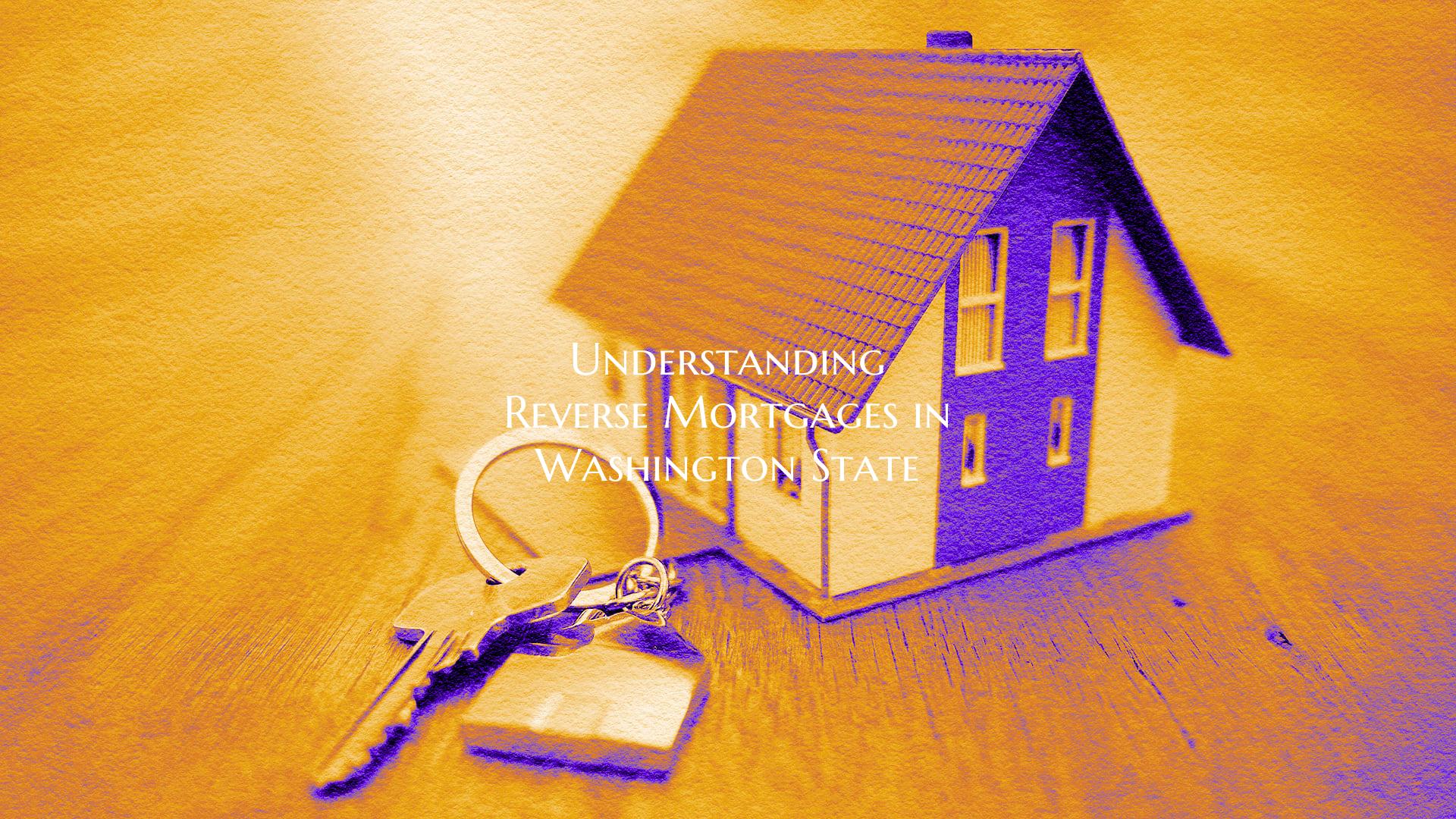Understanding Reverse Mortgages in Washington State

Reverse mortgages are a financial option available to homeowners in Washington State, offering a unique way to access funds by converting a portion of home equity into cash. Understanding the ins and outs of reverse mortgages is essential for those considering this financial tool.
In Washington State, reverse mortgages are regulated by state laws to protect both lenders and borrowers. These loans are typically available to homeowners aged 62 and older who own their homes outright or have a significant amount of equity. The amount one can borrow through a reverse mortgage is based on factors such as the age of the borrower, the appraised value of the home, and current interest rates.
One key advantage of a reverse mortgage is that it allows homeowners to tap into their home equity without having to make monthly mortgage payments. Instead, the loan is repaid when the borrower moves out of the home, sells the property, or passes away. It's important to note that borrowers are still responsible for property taxes, homeowners insurance, and maintaining the home.
Before entering into a reverse mortgage agreement in Washington State, borrowers are required to undergo counseling to ensure they fully understand the terms and implications of the loan. It's crucial to consider the fees associated with reverse mortgages, including closing costs and servicing fees.
When considering a reverse mortgage in Washington State, it's essential to explore and compare different loan options, understand the impact on your financial situation, and consult with a financial advisor or housing counselor to make an informed decision. By understanding the nuances of reverse mortgages and how they work in Washington State, homeowners can make the best choice for their financial future.
